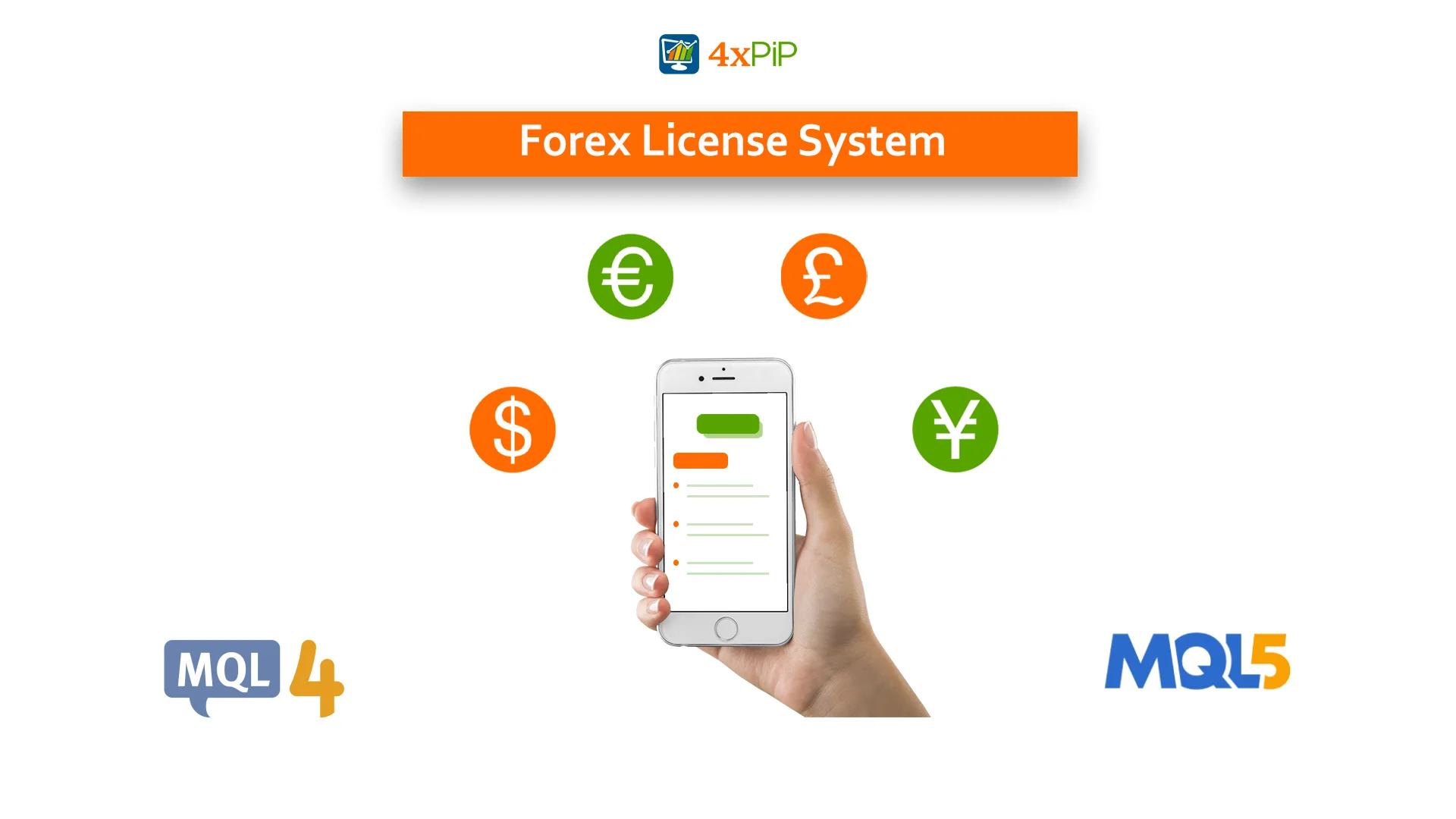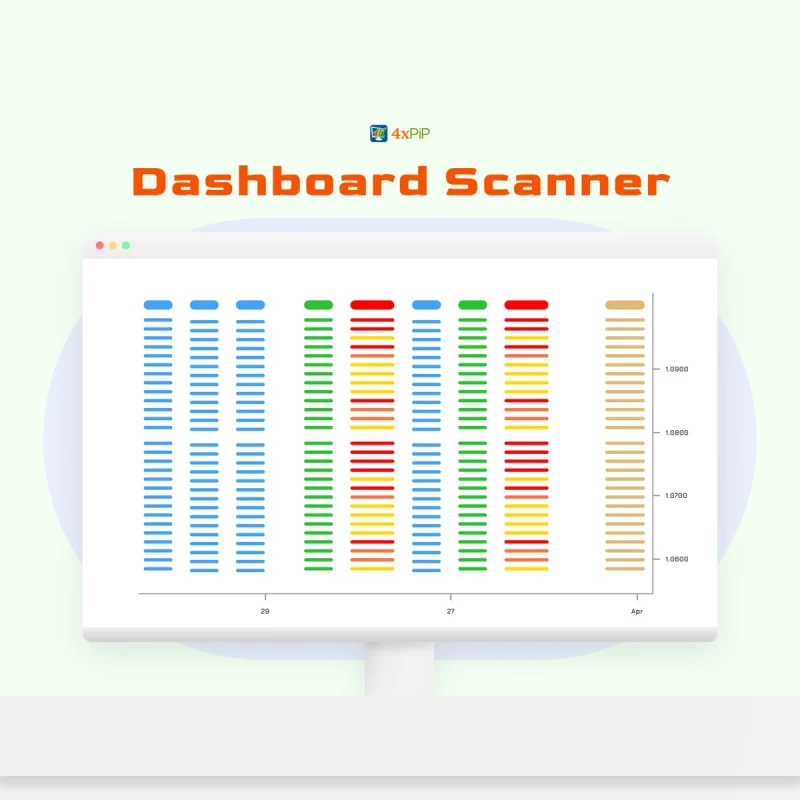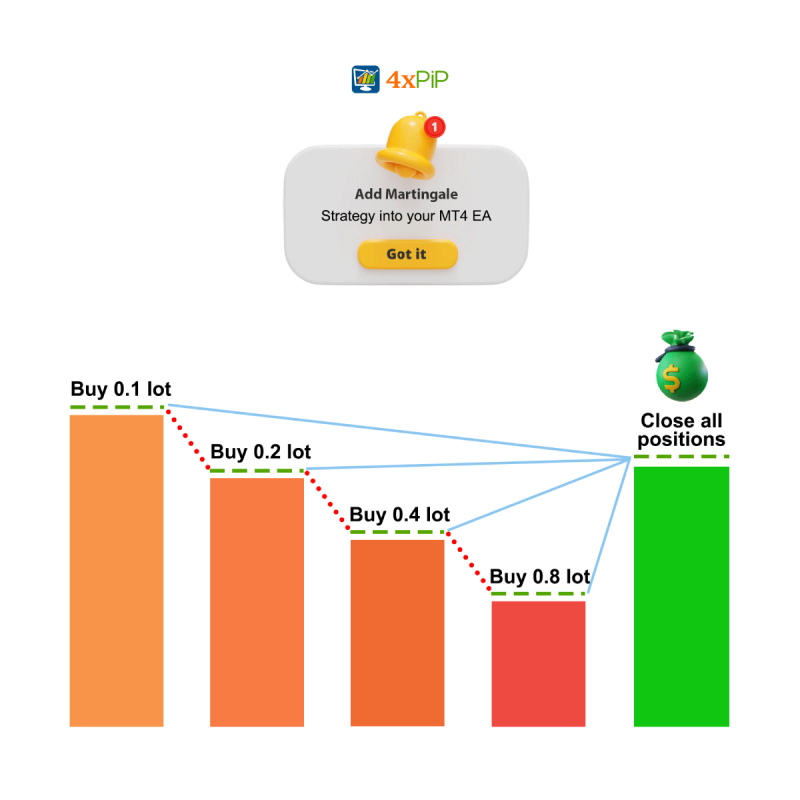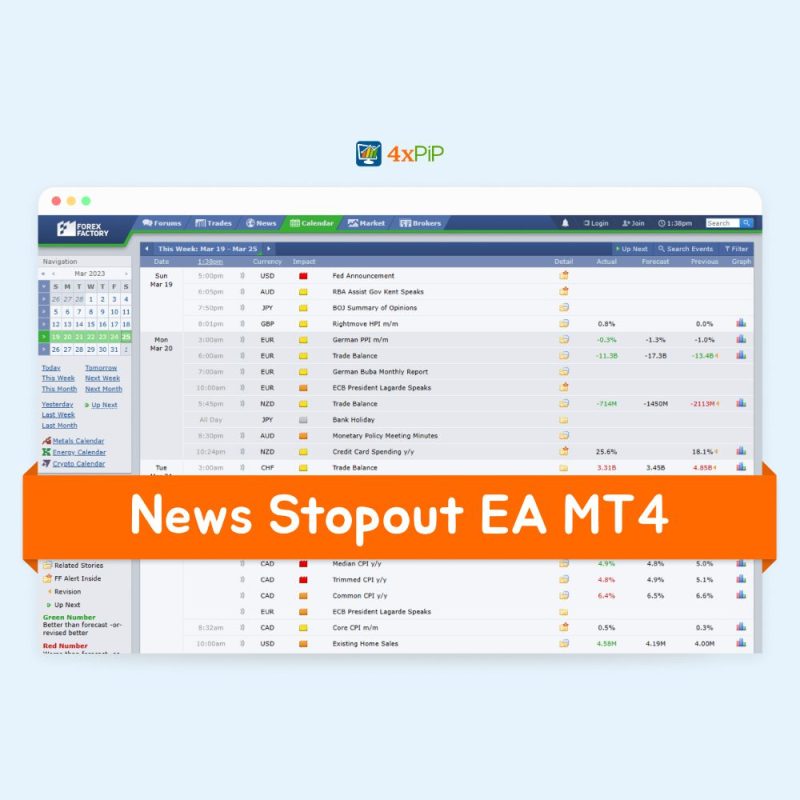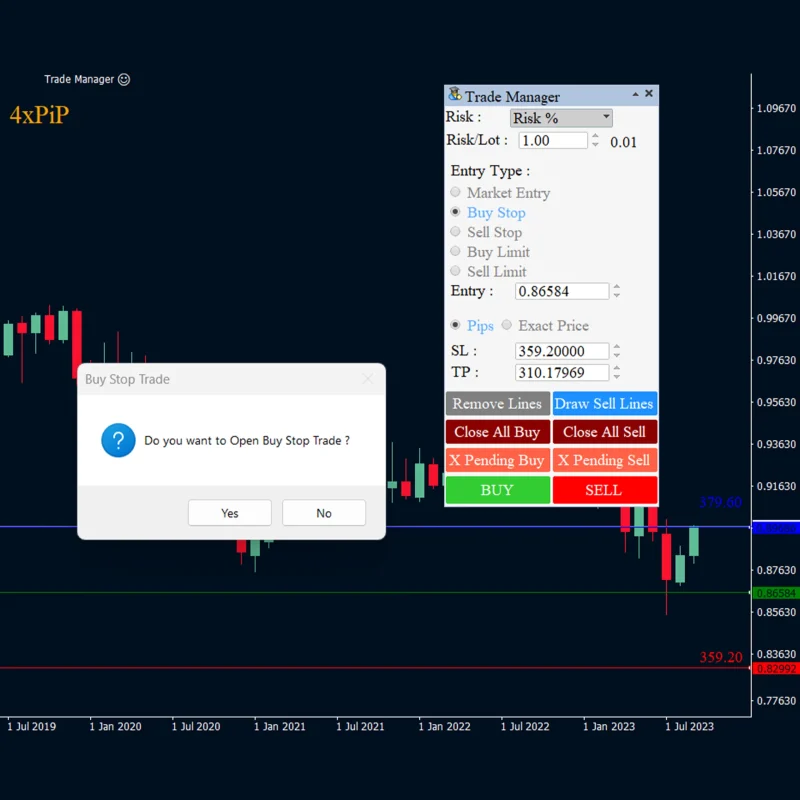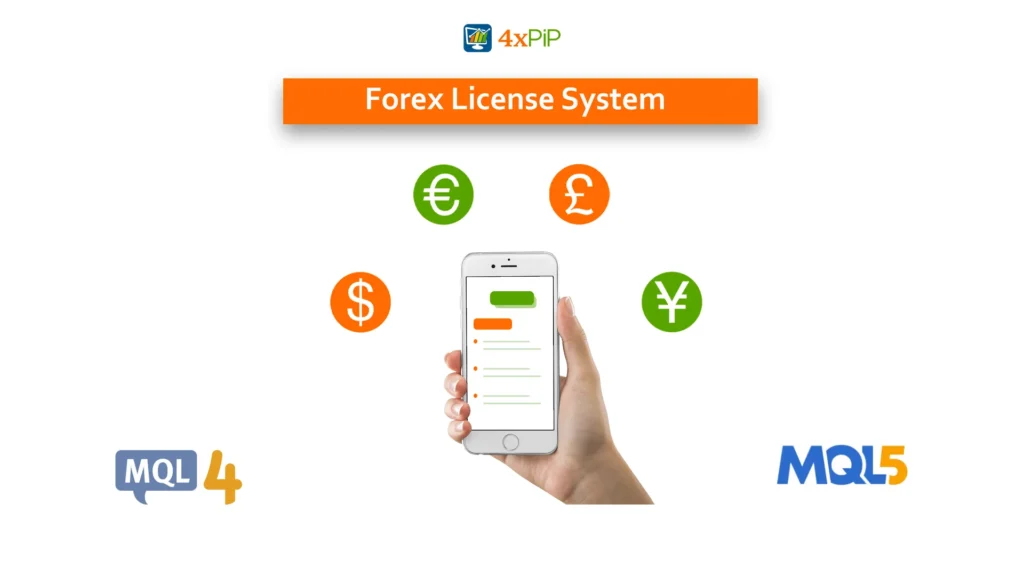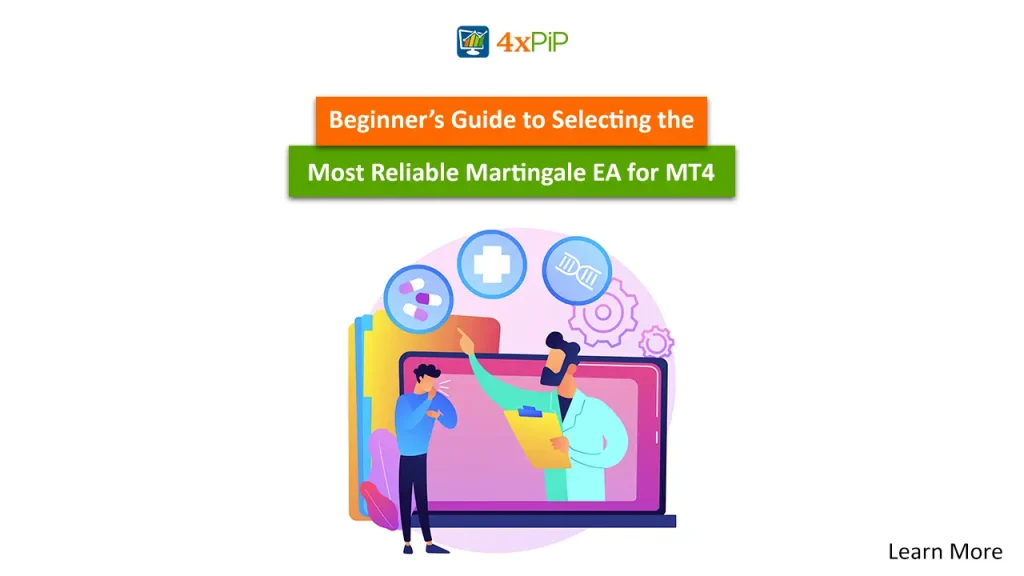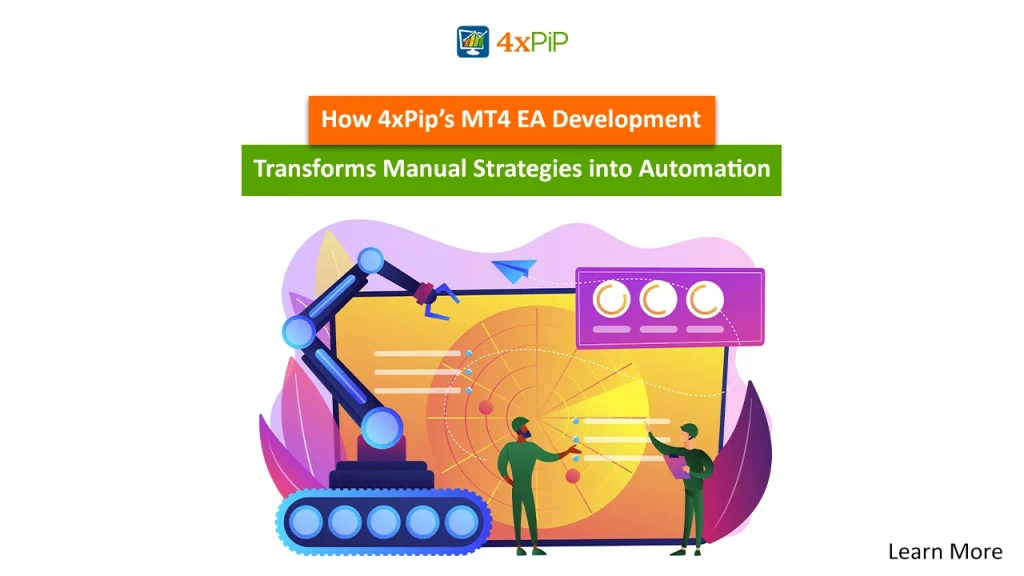If you’re starting a Forex trading platform, creating trading algorithms, or building custom Expert Advisors (EAs) for MetaTrader, it’s important to understand the Forex licensing system. This post covers what Forex licensing involves, why it matters, and how to make sure your trading setup is licensed and secure. We have Licensing System MT4 and Licensing System MT5 on our website. For further information, contact us at [email protected].
What is a Forex License System?
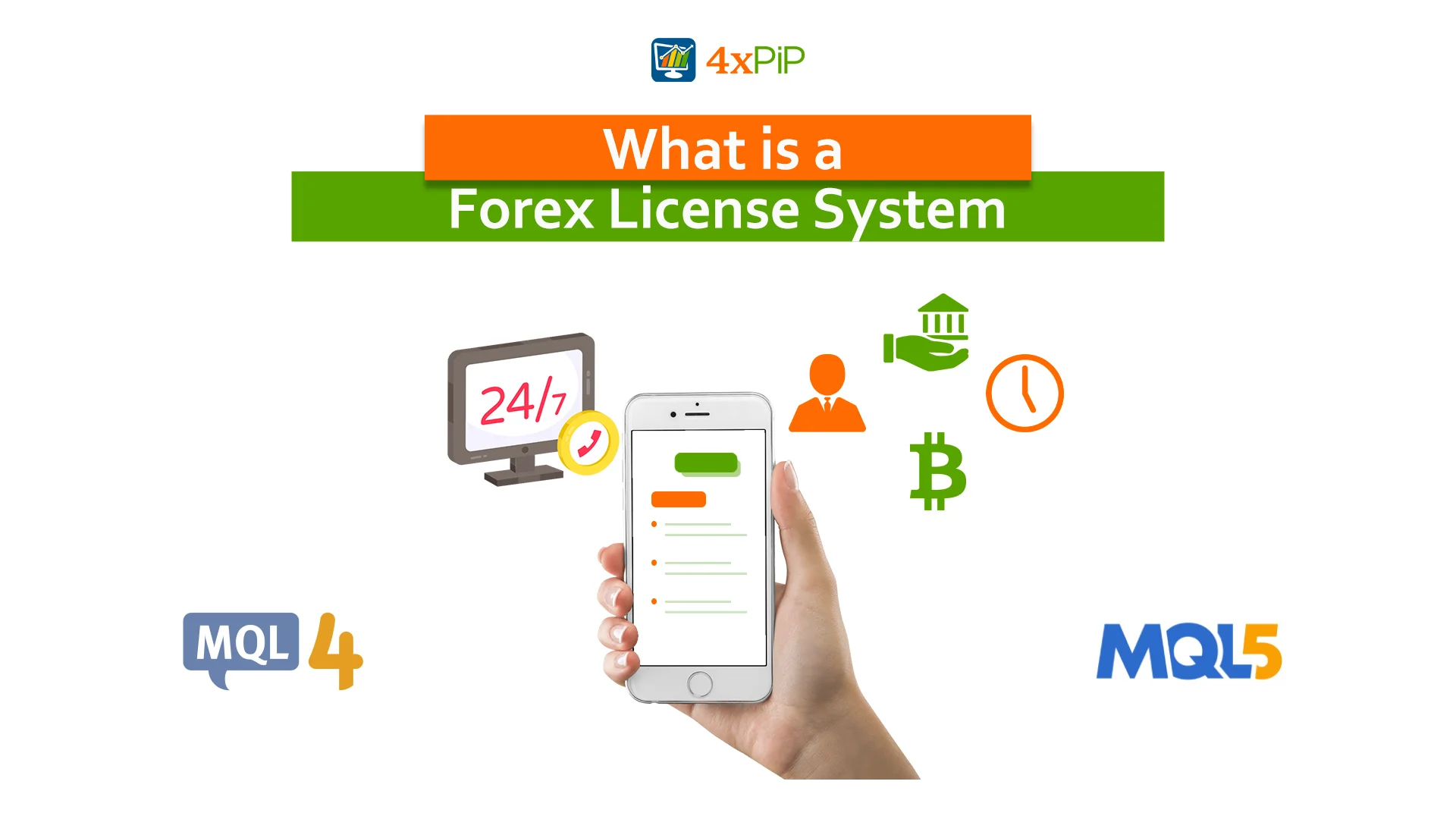
A Forex license system is a regulatory setup that gives Forex brokers, dealers, and trading platforms the legal right to operate in a particular region. This licensing system is in place to protect traders by enforcing rules that make companies follow strict financial guidelines, ensure transparency, and keep client funds secure. A Forex license shows that a broker is credible and follows the law. Licensed brokers are also monitored and audited regularly by regulators to make sure they follow fair trading practices.
Understanding Forex License Types and Requirements
Various types of Forex licenses cater to different business needs. Licensing requirements and regulations vary from one jurisdiction to another, with some regions, like the United Kingdom and Cyprus, offering reputable licensing authorities, while others provide more lenient options.
Broker License:
This is essential for entities that operate as brokers, especially those facilitating Forex transactions for retail or institutional clients. Moreover, brokers with these licenses are subject to strict regulatory oversight and, as a result, must meet high standards for financial transparency, fund security, and client protection.
Trading Platform License:
Platforms that offer services such as automated trading, algorithmic trading, or provide interfaces for EAs on MetaTrader 4 and 5 may require a separate license. This license often requires proof of platform stability, cybersecurity measures, and data integrity.
White Label License:
White labeling allows companies to offer Forex trading services without developing their own platform. A white-label license is a partnership with an existing Forex platform provider, allowing firms to market under their brand while complying with specific regulatory requirements.
Fintech and Payment Processor License:
For platforms that facilitate payment transactions within the Forex ecosystem, such as funding accounts or processing trades, a fintech license or payment processor license might be necessary. This license emphasizes secure transactions, data protection, and anti-fraud measures.
Selecting the Right Forex License for Your Business
Choosing the right Forex license is an important step for any business starting in the Forex industry. The license type depends on factors like the services offered, the target market, and local regulations. For example, getting licensed in places with strict regulations, like the U.S. or Europe, means meeting higher compliance standards, capital requirements, and ensuring transparency. On the other hand, places like Belize or the Seychelles have easier licensing with fewer rules. Businesses need to weigh the costs, operational demands, and credibility of each license option. A license from a trusted regulator often builds client trust and boosts the company’s reputation.
Key Requirements for Forex Licensing
To get a Forex license, companies need to meet requirements set by the regulatory authority in the area where they plan to operate. These often include having a minimum amount of capital, which varies based on the specific regulator and country. Companies also usually need to submit a business plan, pass background checks on key staff, and set up strong compliance and risk management systems. They must keep client funds separate from company funds to protect traders if there are financial issues. Many regulators also require companies to have a local office to show their commitment to the region’s financial rules and standards.
How Licensing Protects Forex Traders
Forex licensing is important for keeping traders safe by making sure licensed brokers follow strict security, transparency, and accountability standards. Regulatory bodies set clear rules that licensed brokers must follow to avoid fraud. For example, licensed brokers must keep client funds in separate accounts, which protects traders’ money from being misused. They’re also required to use fair trading practices, offer clear pricing, and handle complaints professionally. If there’s a dispute or misconduct, traders with licensed brokers have some protection and support from regulators, which is not available with unlicensed brokers. Choosing licensed brokers gives traders a more secure and fair trading experience.
Future Trends in Forex Licensing
Forex licensing helps keep traders safe by ensuring that licensed brokers follow strict rules for security, transparency, and fairness. Regulatory bodies set these rules to prevent fraud. For example, licensed brokers must keep client funds in separate accounts to prevent misuse. They also have to use fair trading practices, provide clear pricing, and handle complaints professionally. If issues or disputes arise, traders with licensed brokers have some support and protection from regulators—something unlicensed brokers don’t offer. Choosing a licensed broker gives traders a safer and more reliable trading experience.
Conclusion
A Forex license system is essential for any business entering the Forex industry, including trading platforms, brokers, and firms offering Expert Advisors (EAs) on MetaTrader. This regulatory structure provides the legal foundation for Forex companies to operate, ensuring they meet standards for transparency, fund security, and client protection. Different licenses serve various business models, such as broker licenses for firms handling client transactions, platform licenses for automated or algorithmic trading providers, and white-label licenses for businesses partnering with established Forex platforms. Choosing the appropriate Forex license requires balancing costs, regulatory demands, and the credibility of each jurisdiction. Licensed brokers follow strict rules to secure client funds, ensure fair trading, and build trust. We have Licensing System MT4 and Licensing System MT5 on our website. For further information, contact us at [email protected].
FAQs
What is a Forex license system?
A Forex license system is a regulatory framework that authorizes brokers to operate legally while ensuring compliance with financial standards and protecting traders.
Why do Forex brokers need a license?
Licenses help ensure brokers not only follow financial rules that protect client funds but also maintain transparency. Additionally, they provide security against fraud, thereby creating a safer trading environment.
What are the different types of Forex licenses?
The main types are broker licenses, trading platform licenses, white-label licenses, and fintech/payment processor licenses. Each of these is specifically designed to serve particular services within the Forex industry.
What are the key requirements to get a Forex license?
Requirements vary by jurisdiction but generally include capital minimums, background checks, a business plan, and compliance systems for client fund protection and transparency.
How does Forex licensing protect traders?
Licensing not only ensures brokers meet standards for client fund separation, but also promotes fair trading practices, transparency, and regulatory accountability. As a result, this significantly reduces the risk of fraud or financial misconduct.
Why choose a regulated broker over an unregulated one?
Regulated brokers follow strict rules and are accountable to authorities, ensuring a safer trading environment and better recourse options.
What is a white-label Forex license?
A white-label license lets companies offer Forex services under their brand by partnering with established platforms and meeting regulatory requirements.
Are there different licensing standards across countries?
Yes, countries have varying standards. Regions like the U.S. and Europe have stringent regulations, while others, such as Belize, may offer more relaxed licensing options.
What is a trading platform license?
A trading platform license often requires proof of stability and data security, especially for automated or algorithmic services like MetaTrader. Additionally, obtaining this license often involves demonstrating compliance with industry standards.
What are future trends in Forex licensing?
Trends include stricter cybersecurity, data protection, and transparency regulations, along with new requirements for emerging technologies like cryptocurrency.

